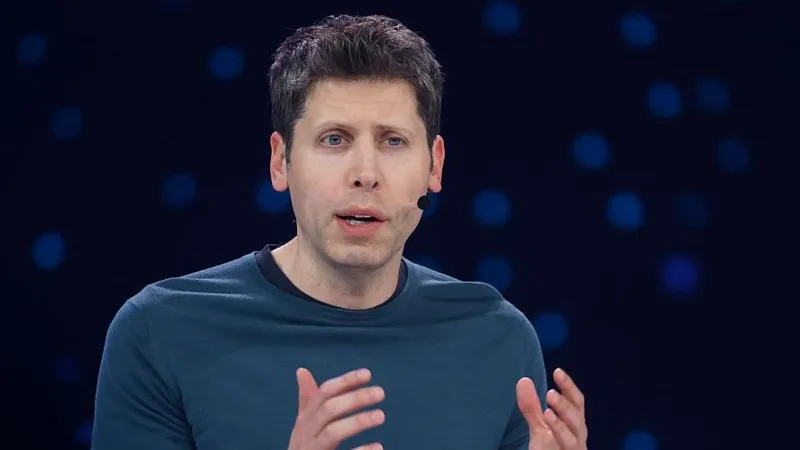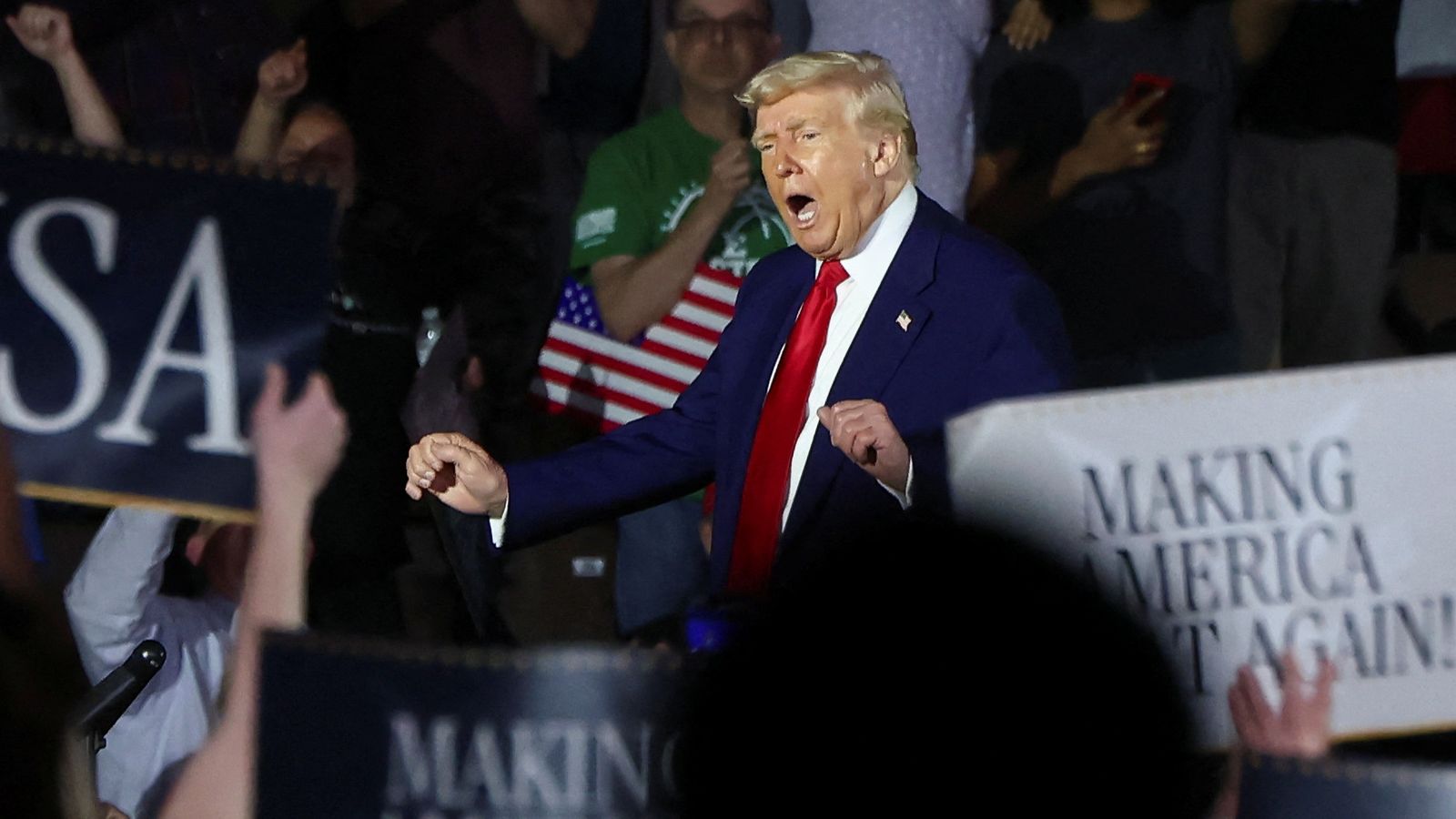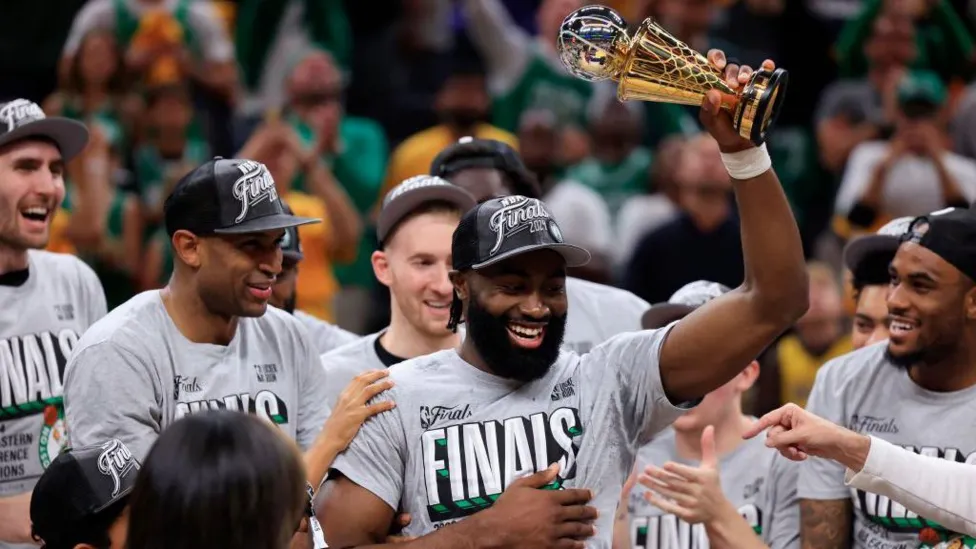Emergency and urgent care to be prioritised as NHS faces 'incredibly tough week' during junior doctors' strike
The strikes are part of a long-running pay dispute, with junior doctors saying they have suffered 15 years of "pay erosion".

People are being urged to "avoid risky behaviour" as emergency and urgent care will be prioritised over routine appointments and treatment during this week's junior doctors' strike.
The strike will begin early on Tuesday and run through until the early hours of Saturday, bringing "immense pressures" to staff and services, according to the national medical director of NHS England Professor Sir Stephen Powis.
The health body said that appointments and operations will only be cancelled "where unavoidable", following an estimate by the NHS Confederation that this could affect some 250,000 to 300,000 patients.
"It is going to be an incredibly tough week. There will be 10-11 days where the NHS is not able to operate at full strength," Matthew Taylor, the NHS Confederation chief executive, said.
"There is no point in hiding the fact that there will be risks to patients," he added, before urging the public: "Try to avoid risky behaviour because the NHS is not going to be able to provide the level of care it wants to provide."
With the health service set to lose the "largest part of their workforce" due to strikes, Mr Taylor said the government and British Medical Association (BMA) need to start negotiations.
Prof Sir Stephen added: "The NHS has been preparing extensively for the next set of strikes but managing additional pressure doesn't get easier as time goes by - it gets much more difficult, not only due to the sheer number of appointments that need to be rescheduled, but also that they can take time to rearrange with multiple teams involved.
"This is set to be the most disruptive industrial action in NHS history, and the strikes tomorrow will bring immense pressures, coming on the back of a challenged extended bank holiday weekend for staff and services.
"Emergency, urgent and critical care will be prioritised but some patients will unfortunately have had their appointments postponed - if you haven't, please do continue to come forward."
The BMA wants the health secretary to negotiate to resolve 15 years of "pay erosion", insisting that junior doctors have lost more than 25% of their pay in real terms.
The organisation has said the strikes could be avoided if the government makes a "credible" pay offer.
But the Department for Health and Social Care wants the strikes cancelled before it will enter into negotiations.
Speaking to Sky News on Monday, Shadow Attorney General Emily Thornberry called this attitude "ridiculous" and one that "should be condemned".
"The public has suffered. We believe that you should sit down and talk to unions," she said. "It's got worse, it's getting worse, and they [the government] leave it until the last minute."
In an op-ed for The Sunday Telegraph, Health Secretary Steve Barclay described the BMA's position as "unrealistic", adding: "This demand is widely out of step with pay settlements in other parts of the public sector at a time of considerable economic pressure on our country.
"A salary hike of this size would see some junior doctors receiving more than an extra £20,000 a year," he said.
"I recognise their hard work and dedication.
"But it is deeply disappointing that this industrial action has been timed by the British Medical Association (BMA) junior doctors' committee to cause maximum disruption to both patients and other NHS staff."
Dr Mike Greenhalgh, deputy co-chair of the BMA's Junior Doctors Committee, told BBC One's Breakfast show: "If he was to bring a credible offer to us, it could still, even at this late stage, avert action."
-sky news







